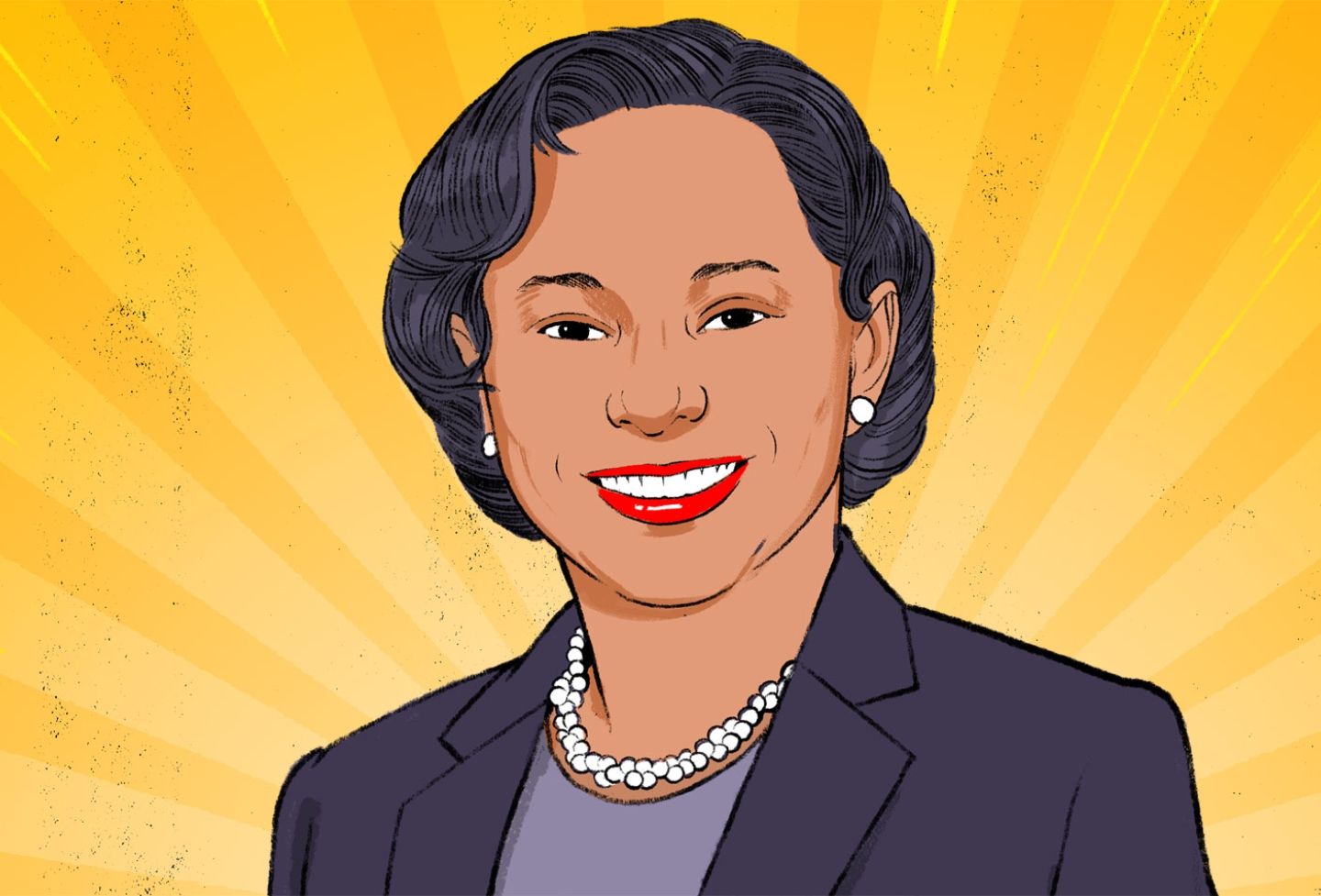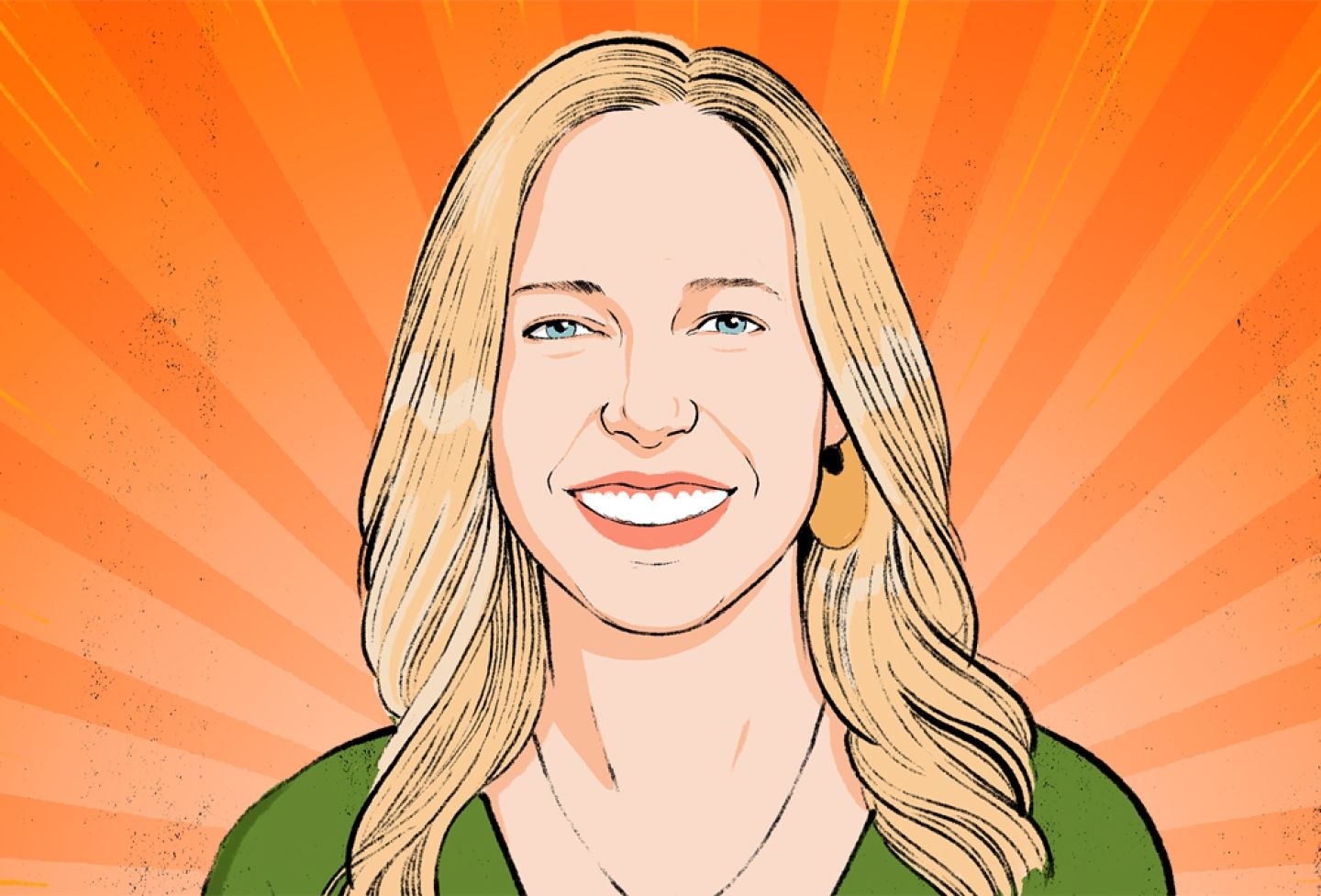Understanding our system of civil litigation is critical to understanding how law shapes society. This system functions differently from the processes of legislation and democratic politics. Faculty at the University of Virginia explore the dimensions of both making and applying law. The faculty includes experts in psychology such as Barbara Spellman, who explores the psychological foundations of the law of evidence; John Monahan, who examines the court’s use of social scientific evidence; and Greg Mitchell, who writes on the psychology of justice and the use (or misuse) of statistical evidence. Procedural experts include A. Benjamin Spencer, an author of the leading treatise, Wright & Miller’s “Federal Practice & Procedure”; Caleb Nelson, an authority on federal courts and on statutory interpretation; Ann Woolhandler, who writes on federal courts and civil procedure; and Michael Collins, who also writes on these subjects and on transnational litigation and choice of law. All have been frequently cited in judicial opinions, including those of the U.S. Supreme Court.
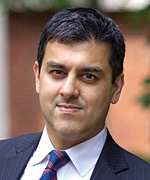 Aditya Bamzai
Aditya Bamzai
- Argued before the U.S. Supreme Court as a rare independent amicus in 2018.
- Served as an attorney-adviser in the Office of Legal Counsel at the Department of Justice.
- Practiced appellate litigation privately and for DOJ’s National Security Division.
- Clerked for Justice Antonin Scalia at the U.S. Supreme Court and for Judge Jeffrey S. Sutton on the U.S. Court of Appeals for the Sixth Circuit.
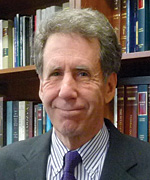 Michael G. Collins
Michael G. Collins
- Scholarship focuses on jurisdiction and history of the federal courts.
- Co-author of casebooks on transnational litigation, federal courts and civil procedure.
- Author of hornbook on civil rights litigation.
- Scholarship has been cited in opinions by Justices Anthony Kennedy, David Souter and Clarence Thomas.
 Joshua Fischman
Joshua Fischman
- Research interests include law and economics, empirical methods, judicial decision-making and criminal sentencing.
- Writes frequently on judges, from circuit court voting patterns to the economics of sentencing to judicial ideology.
- Ph.D. in economics, Massachusetts Institute of Technology.
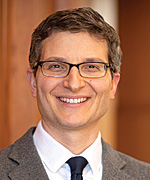 Michael D. Gilbert
Michael D. Gilbert
- Scholarship applies economic analysis to election law and constitutional design.
- Has authored works on corruption, transparency, voter fraud and entrenchment.
- Clerked for Judge William A. Fletcher of the U.S. Court of Appeals for the Ninth Circuit.
- Ph.D. in jurisprudence and social policy, University of California, Berkeley.
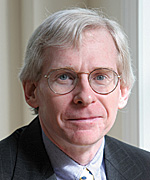 John C. Harrison
John C. Harrison
- Served as deputy assistant attorney general in the Office of Legal Counsel of the U.S. Department of Justice.
- Served as counselor on international law in the Office of the Legal Adviser, U.S. State Department.
- Scholarship is mainly about constitutional law, focusing especially on the structure of government.
- Clerked for Judge Robert Bork on the U.S. Court of Appeals for the District of Columbia Circuit.
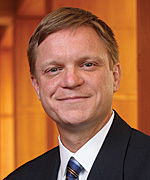 Gregory Mitchell
Gregory Mitchell
- Scholarship focuses on legal judgment and decision-making, the psychology of justice and the application of social science to legal theory and policy.
- Mitchell’s background in social psychology informs his work, which explores how human reactions to legal rules vary across individuals and are influenced by context.
- Ph.D. in psychology, University of California, Berkeley.
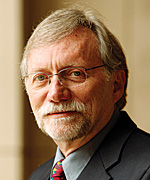 John T. Monahan
John T. Monahan
- Co-wrote “Social Science in Law: Cases and Materials,” a seminal work in the field, with Professor Emeritus Larry Walker.
- Member of the American Academy of Arts and Sciences, and of the National Academy of Medicine.
- Work has been cited frequently by courts, including the California Supreme Court in the landmark Tarasoff v. Regents, and the U.S. Supreme Court in Barefoot v. Estelle, in which he was referred to as “the leading thinker” on the issue of violence risk assessment.
- Ph.D. in psychology, Indiana University.
 Caleb E. Nelson
Caleb E. Nelson
- An expert in legislation and federal courts and a renowned classroom instructor, Nelson is author of the textbook “Statutory Interpretation.”
- A study of the Supreme Court’s opinions from the 2016 and 2017 terms found that Nelson’s articles were cited more often than any other law professor’s.
- Clerked for Justice Clarence Thomas at the U.S. Supreme Court and for Judge Stephen F. Williams at the U.S. Court of Appeals for the D.C. Circuit.
 George Rutherglen
George Rutherglen
- Teaches civil procedure and employment discrimination, and has written numerous articles on these subjects and several books, including “Employment Discrimination Law: Visions of Equality in Theory and Doctrine” and “Transnational Civil Litigation: Principles and Prospects.”
- His book “Civil Rights in the Shadow of Slavery” discusses the dynamics of legislative and judicial enforcement over the entire history of the Civil Rights Act of 1866.
- Clerked for U.S. Supreme Court Justices William O. Douglas and John Paul Stevens, and for Judge J. Clifford Wallace of the U.S. Court of Appeals for the Ninth Circuit.
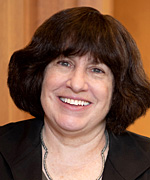 Barbara A. Spellman
Barbara A. Spellman
- Previously editor-in-chief of the journal Perspectives on Psychological Science, Spellman is the co-author of “The Psychological Foundations of Evidence Law.”
- Teaches evidence and courses on the intersection of psychology and law.
- Studied cognitive psychology at the University of California, Los Angeles; her research focused mostly on memory, analogical reasoning and causal reasoning.
- Ph.D. in psychology, UCLA.
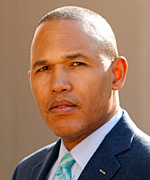 A. Benjamin Spencer
A. Benjamin Spencer
- Co-author of Wright & Miller’s “Federal Practice & Procedure,” a multivolume treatise that is the preeminent reference work on civil procedure topics for practitioners, courts and professors.
- Appointed by Chief Justice John Roberts to the Advisory Committee on Civil Rules of the U.S. Judicial Conference.
- Authored two books in the area of civil procedure, “Acing Civil Procedure” and “Civil Procedure: A Contemporary Approach,” which are used widely by professors and students throughout the country.
- Has served as a special assistant U.S. attorney for the Western District of Virginia, occasionally handling appellate cases in the Fourth Circuit on behalf of the government on a pro bono basis.
 Ann Woolhandler
Ann Woolhandler
- Worked for a decade as a civil rights lawyer in Louisiana.
- Scholarly interests involve key doctrinal features of the law of federal courts.
- Scholarship has been cited by the U.S. Supreme Court.
- Teaches Administrative Law, Civil Procedure and Civil Rights Litigation.
Civil Litigation and Democratic Process at UVA Law
Courses in civil litigation, federal courts, legislation and other aspects of the democratic process of making and applying law offer students a firm foundation for their legal careers. Outside of the classroom, moot court and mock trial teams allow students to practice what they have learned.
Courses
Administrative Law
Advanced Campaign Finance
Advanced Civil Procedure
Advanced Legal Argument
Advanced Legal Research
Advanced Verbal Persuasion
Appellate Practice
Business and Governmental Tort Liability
Civil Procedure
Civil Rights Litigation
Class Actions and Aggregate Litigation
Commercial Arbitration
Computational Text Analysis for Legal Practice
Conflict of Laws
Constitutional Law and Economics
Current Issues in Forensic Science
Current Issues in Law and Psychological Science
Electronic Discovery
Evidence
Exercises in Rulemaking — Society, Technology and the Law
Federal Courts
Federal District Court Practice
Federal Litigation Practice
Forensics Litigation
Globalization and Private Dispute Resolution
Government Ethics: Conflicts of Interest, Lobbying and Campaign Finance
Government Secrecy
Immigration Law
Implicit Bias and the Law
International Arbitration
International Civil Litigation
Judging
Law and Psychology of Dispute Resolution
Legislation
Legislation and Regulation
Legislative Drafting and Public Policy
Lying and Lie Detection
Negotiation
Persuasion
Practical Trial Evidence: Principles and Practice
Professional Liability
Professional Responsibility
Professional Responsibility in Public Interest Law Practice
Regulation of the Political Process
Regulatory Law and Policy
Remedies
Rhetoric Seminar
Rule of Law and Threats to It
Rules
Science and the Courts
Sovereignty, the Rule of Law and Emergency Rule
State and Local Government Law
Taking Effective Depositions
Tax Practice and Procedure Seminar
Trial Advocacy
Trial Advocacy College
Virginia Practice and Procedure
White-Collar Investigations and Corporate Compliance
Clinics
Appellate Litigation Clinic
Civil Rights Clinic
Economic and Consumer Justice Clinic
Environmental and Regulatory Law Clinic
First Amendment Clinic
Litigation and Housing Law Clinic
Supreme Court Litigation Clinic

